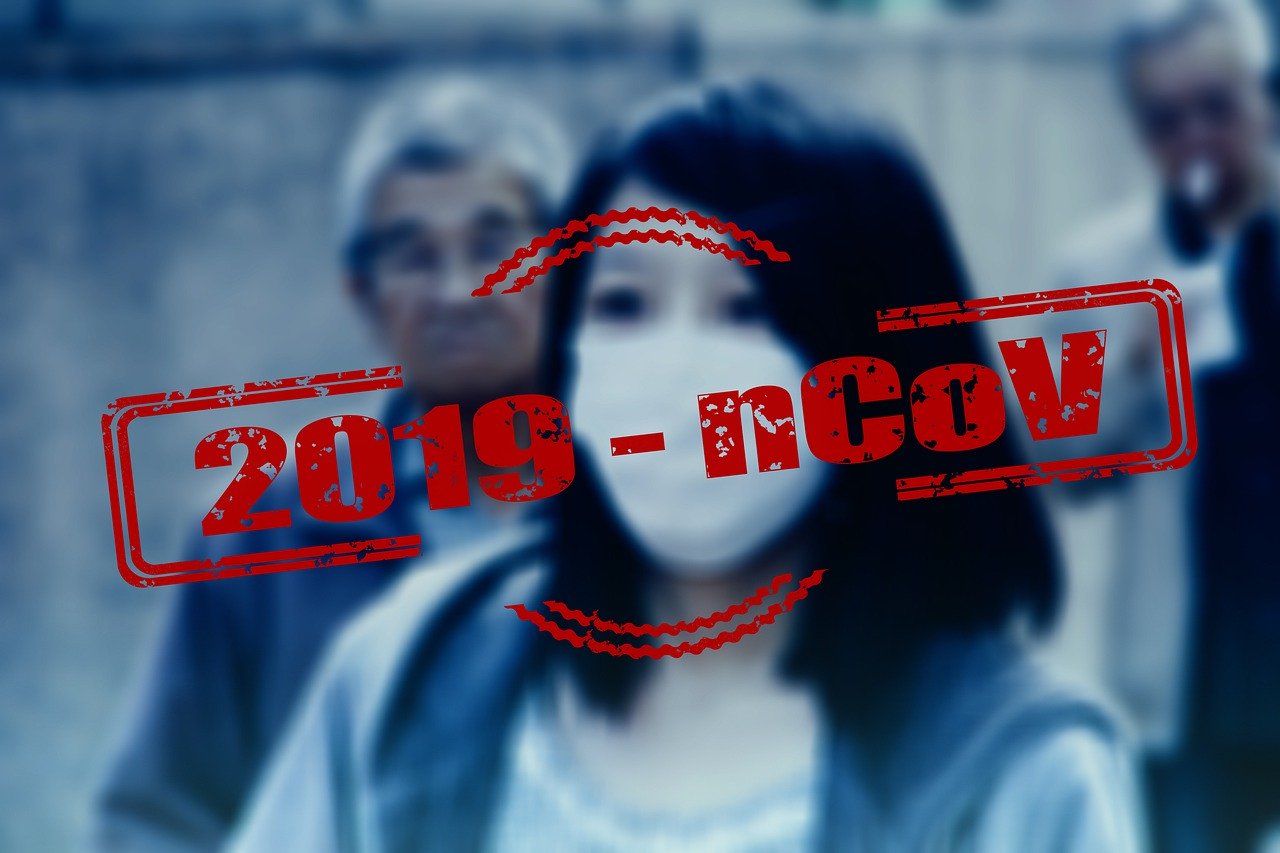At least 132 people have died and almost 6,000 cases have been confirmed in mainland China, as the coronavirus outbreak spreads into more countries around the world.
The new coronavirus, also known as 2019-nCoV, is believed to have originated in Wuhan, China, and spread into more than a dozen nations globally. There are 83 confirmed cases outside China, including at least five in the US.
While most of the cases have a direct link to Wuhan, one confirmed case involved a German man who had not been to China, indicating human-to-human transmission. The Chinese government has effectively quarantined approximately 60 million people by placing numerous cities under partial or full lockdown.
In response to the outbreak, several countries are now flying their citizens out of Wuhan. The US and Japan have already retrieved some of their citizens from Wuhan while other nations, including Australia, France, India, and South Korea, are preparing evacuation plans for their citizens in the city.

Coronavirus Symptoms
Confirmed cases of 2019-nCoV infections range from people being mildly sick to people being severely ill and dying. Symptoms of the infection may include:
- Fever
- Cough
- Shortness of Breath
According to the US Centers for Disease Control and Prevention (CDC), symptoms may appear in as early as 2 days or as late as 14 days following exposure to the virus, based on what have been previously observed in Middle East Respiratory Syndrome (MERS) viruses.
Prevention, Treatment & Vaccination
While there is currently no vaccine for 2019-nCoV, the best way to prevent infection is to avoid exposure to the virus. On its website, the CDC recommends the following everyday preventive actions to help prevent the spread of respiratory viruses:
- Wash your hands often with soap and water for at least 20 seconds. If soap and water are not available, use an alcohol-based hand sanitizer.
- Avoid touching your eyes, nose, and mouth with unwashed hands.
- Avoid close contact with people who are sick.
- Stay home when you are sick.
- Cover your cough or sneeze with a tissue, then throw the tissue in the trash.
- Clean and disinfect frequently touched objects and surfaces.
There are currently no specific antiviral treatment recommended for the Wuhan coronavirus but people with 2019-nCoV should seek supportive care to help relieve symptoms while treatment of severe cases should include care to support vital organ functions.
People who believe they may have been exposed to 2019-nCoV are advised to immediately seek help from their healthcare providers.






